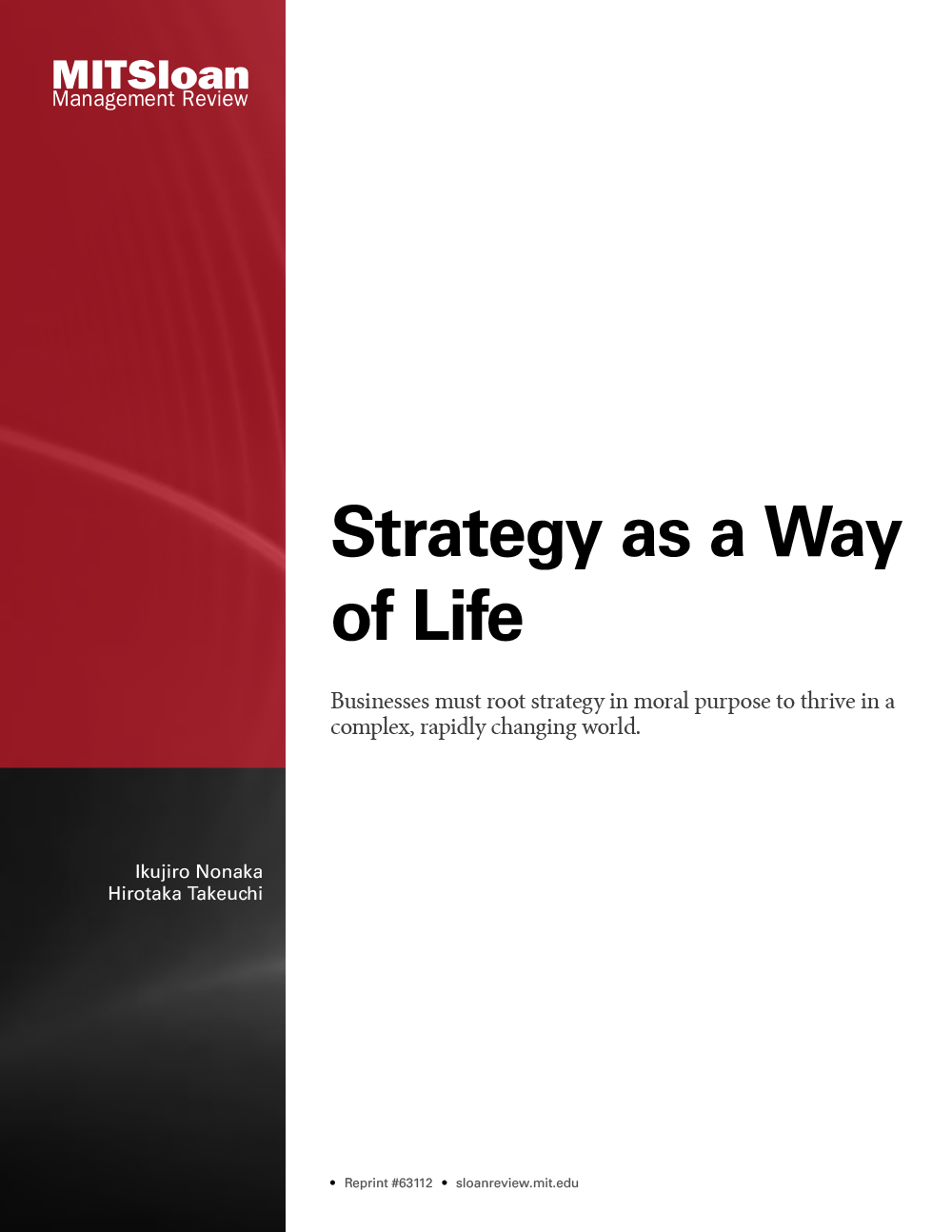
Creating Shared Value at Nestl̩
Examples of NestlÌ©'s commitment to sustainability abound — and they're impressive. So much so that other business leaders have been applauding. For instance, Douglas R. Conant, the former CEO of Campbell Soup Company, told us in an that "NestlÌ© has got an amazing agenda on social responsibility." And earlier this year, Andy Wales, senior vice president of sustainable development at SABMiller, told us in an that "In the last five years, a number of food and beverage companies — the leaders include Coca Cola, SABMiller, and NestlÌ© — have started to raise the risks of water scarcity with leaders of global institutions and national political leaders."
Meanwhile, MIT Sloan Management Review's 2012 Sustainability & ; Innovation Global Executive Study and Research Project noted that "Examples of successful sustainability-driven innovation fall along a rich spectrum — from doing things differently to doing entirely different things" and that NestlÌ©, for instance, "developed a cost model innovation in a novel point in its value chain. The company realized how to use coffee grounds — a by-product of its manufacturing process — to help power its factories."
No question, NestlÌ© is at the forefront of the worldwide movement to incorporate sustainability into overall company strategy. And Hans Joehr, NestlÌ©'s corporate head of agriculture, has been at the heart of the global group's efforts to promote sustainable agriculture for the past decade. Joehr — who is a co-founder, former president and now honorary president of the SAI Platform (the sustainable agriculture initiative of the food industry) — is responsible for providing technical and strategic leadership for NestlÌ©'s worldwide agricultural material supply chain, a job he's held for 12 years.
One of the ways Nestl̩ accomplishes its goals is by providing agricultural "extension services" for the hundreds of thousands of rural farmers who are its suppliers. "We source raw materials such as cocoa, coffee and milk from more than 680,000 farmers worldwide," Joehr wrote in a blog post last fall. "Sometimes, a lack of investment in the social and agricultural infrastructure in a region or country can make it difficult for farmers to supply us with high quality, safe and sustainable-grown crops." So Nestl̩ provides "people with the access to knowledge and information they need to increase productivity and establish sustainable production systems." It's all part of the company's Creating Shared Value (CSV) approach to business, a process that "requires us to look for ways to create value for our shareholders while also ensuring we create value for the communities in which we operate," Joehr wrote.
In a conversation with MIT Sloan Management Review's Nina Kruschwitz, Joehr explains the initial impetus behind the SAI Platform, the methodology of looking at the production systems in agriculture and the wisdom of not having a single sustainability officer.




